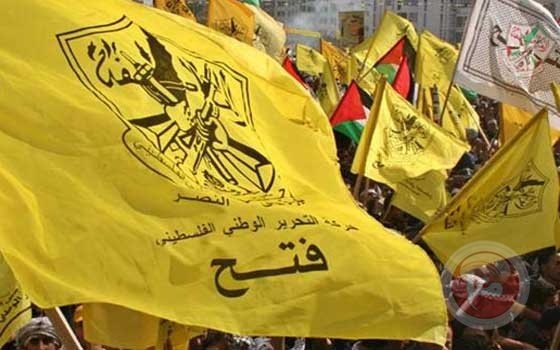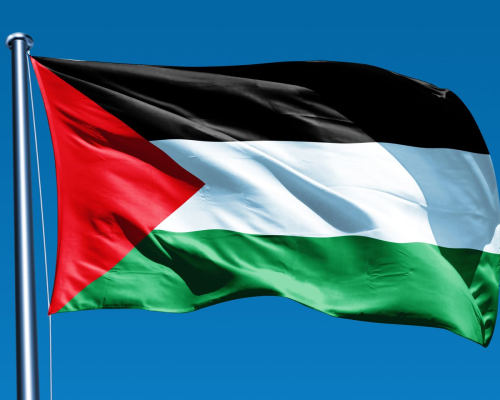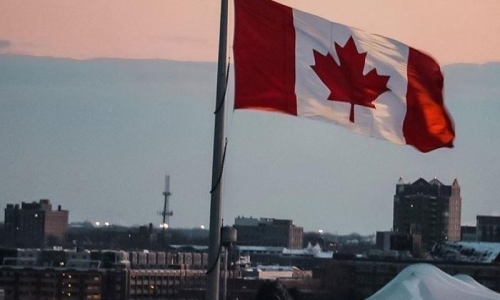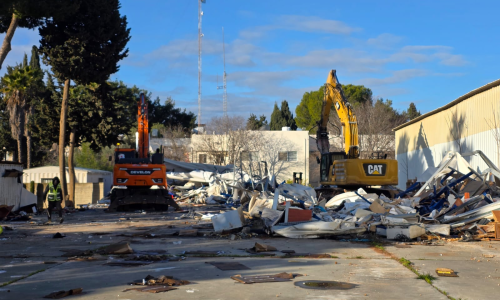By Taghreed Saadeh
Amid the harsh war on Gaza, much debate has emerged regarding the position of the Palestinian Authority (PA), with some accusing it of weakness or collusion, while others see its diplomatic approach as a realistic way to preserve what remains of the national entity. To understand its position fairly, however, one must look at the complete picture, not just isolated headlines.
Since the escalation began, the PA has chosen a clear path characterized by patriotism, maintaining a stance that supports Palestinian rights and condemns the occupation, without condemning what Hamas did on October 7. Some believe that the position of the Palestinian Ambassador in London, Hossam Zomlot, is an exception; in reality, it reflects the PA’s stance, as expressed in all official statements issued by it and by Fatah, its leading party. The PA acted on international platforms at the United Nations, the Arab League, and the Organization of Islamic Cooperation, demanding an end to the aggression and the opening of humanitarian corridors, in an attempt to protect civilians using the means available in a politically and militarily complex reality. Confronting an occupation armed and supported by the United States cannot be done with slogans alone, but requires a clear and logical strategic vision that seizes opportunities in favor of the Palestinian cause.
The PA has faced tremendous pressure since the first Trump administration, especially after rejecting the “Deal of the Century” and maintaining its steadfast position on establishing an independent Palestinian state. As a result, it was temporarily marginalized in some U.S. political arenas. However, Arab and Islamic countries reaffirmed their support for the PA and presented a peace plan based on their own vision. This consensus restored some balance in the face of clear U.S. bias toward Israel. The European position and Canada’s explicit support further reinforced this stance.
Although some voices accuse the PA of shortcomings, the facts indicate that it has pursued legal and diplomatic channels to criminalize settlement expansion and aggression. It has succeeded in securing UN resolutions that consider settlements illegal, a significant achievement in the context of international politics.
In contrast, Hamas has led Gaza into six consecutive wars, with civilians bearing the heaviest toll. Despite its rhetoric of resistance, the outcomes of these confrontations left thousands dead or injured and caused massive destruction, without achieving a single political gain. Instead, they brought disasters and calamities to the Palestinian people. This highlights the gap between the logic chosen by Hamas and the approach of the Palestine Liberation Organization (PLO) and the PA.
Despite criticism, the PA represents the only internationally recognized political framework, capable of restoring its role in Gaza with Arab and international support. This is currently underway in reconstruction efforts and the management of civil life in the Gaza Strip. Such a path ensures the possibility of maintaining a unified Palestinian national entity, an achievement not to be underestimated, given the conspiracy that began two decades ago with Hamas’s military coup and control of Gaza.
To fully realize this role, holding elections remains the most prominent option to rebuild trust between citizens and the PA. Through elections, the people democratically choose their leadership and prevent the continuation of criticism that lacks a true purpose and undermines institutional authority.
There are those who wished for the PA’s collapse and for the occupation to take its place; ironically, these same people support Hamas and label critics of it as traitors, without realizing that their choice of the occupation is a departure from patriotism.
We must abandon some inaccurate ideas that people have adopted due to biased media, such as claiming that the PA is treacherous and arrests resistance fighters even when doing so for security reasons, while Hamas engaged in similar actions without media coverage to preserve the truce, a clearly unfair double standard. Clear and consistent standards should be adopted, free from double standards, so that the goal is to foster a correct national mindset and maintain an authority that serves the Palestinian people and their interests. Standards for criticism should also be established, away from rumors or incitement, so that criticism itself serves the Palestinian cause and the Palestinian people.








